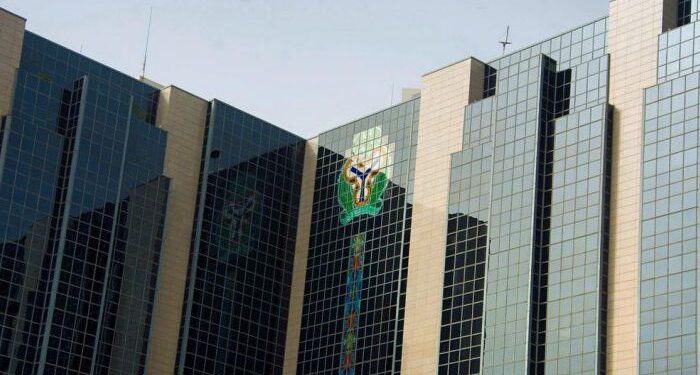The Central Bank of Nigeria (CBN) has issued a directive to all financial institutions in the country, mandating them to complete the upgrade of their payment systems by October 31, 2025. The apex bank emphasized that this move is crucial to enhance the resilience, security, and efficiency of the nation’s financial infrastructure as part of ongoing reforms to modernize Nigeria’s banking sector.
According to senior officials of the CBN, the upgrade will cover a range of critical areas including cybersecurity enhancements, infrastructure modernization, fraud prevention measures, and improved customer service delivery. The directive affects all deposit money banks, payment service providers, microfinance banks, and other licensed financial institutions operating within Nigeria’s financial ecosystem. The regulator stated that the initiative aligns with its broader strategy to strengthen digital payment channels and ensure compliance with international best practices in financial technology.

The CBN stressed that the rapid growth in digital transactions has necessitated a robust and secure payment framework to handle increasing transaction volumes while reducing risks associated with electronic fraud and system downtime. In a circular issued to banks, the apex bank underscored the need for improved infrastructure to support the fast-growing adoption of cashless payment solutions across the country. It further explained that the October 31 deadline would allow adequate time for financial institutions to meet the prescribed technical and operational requirements.
Financial experts have applauded the move, noting that the upgrade will play a key role in addressing persistent issues of failed transactions, delays in fund transfers, and network disruptions that have affected customer trust in electronic banking channels. By ensuring that banks and payment operators comply with global standards, the CBN aims to boost investor confidence and attract more foreign direct investment into Nigeria’s fintech sector. The regulator also disclosed that it will be working closely with relevant stakeholders, including technology service providers, to monitor compliance and provide technical guidance where necessary.
The apex bank warned that any financial institution that fails to meet the October 31 deadline risks regulatory sanctions, including monetary penalties and restrictions on certain operations. It further stated that periodic audits would be conducted to verify compliance and that defaulting institutions could face increased scrutiny to safeguard the integrity of the payment system. The CBN has also set up a monitoring committee to oversee the implementation process and engage with banks to address any challenges they might encounter while upgrading their systems.
Industry analysts have pointed out that the directive is timely, given the rising cybersecurity threats globally and the increasing sophistication of fraud schemes targeting financial institutions. Strengthening the country’s payment infrastructure is expected to reduce vulnerability to cyberattacks, thereby protecting customers and businesses from potential losses. It is also anticipated that improved payment system resilience will have a positive impact on the economy by fostering financial inclusion and enabling small and medium-scale enterprises to leverage reliable electronic payment platforms for growth.
Banks and payment operators are currently assessing their internal systems and working with vendors to ensure that their infrastructure meets the CBN’s stipulated requirements before the deadline. Some industry insiders have revealed that several major banks have already commenced significant investments in software upgrades, data encryption technologies, and real-time fraud monitoring systems. These initiatives are aimed at ensuring that they not only meet regulatory requirements but also enhance customer experience and operational efficiency.
Stakeholders have emphasized the importance of this policy in the context of Nigeria’s economic diversification agenda, where a well-functioning financial system plays a central role in facilitating trade, investment, and innovation. The successful implementation of the CBN’s directive is expected to place Nigeria’s financial system on par with global standards and improve its competitiveness in the digital economy.
As the deadline approaches, all eyes will be on the banking and fintech sectors to see how effectively they respond to the CBN’s directive. The outcome of this initiative will have far-reaching implications for Nigeria’s financial ecosystem, particularly in enhancing trust, stability, and innovation within the payment landscape. The apex bank has reiterated its commitment to working with industry players to ensure a smooth transition and maintain Nigeria’s position as a leading financial hub in Africa.
Support InfoStride News' Credible Journalism: Only credible journalism can guarantee a fair, accountable and transparent society, including democracy and government. It involves a lot of efforts and money. We need your support. Click here to Donate
